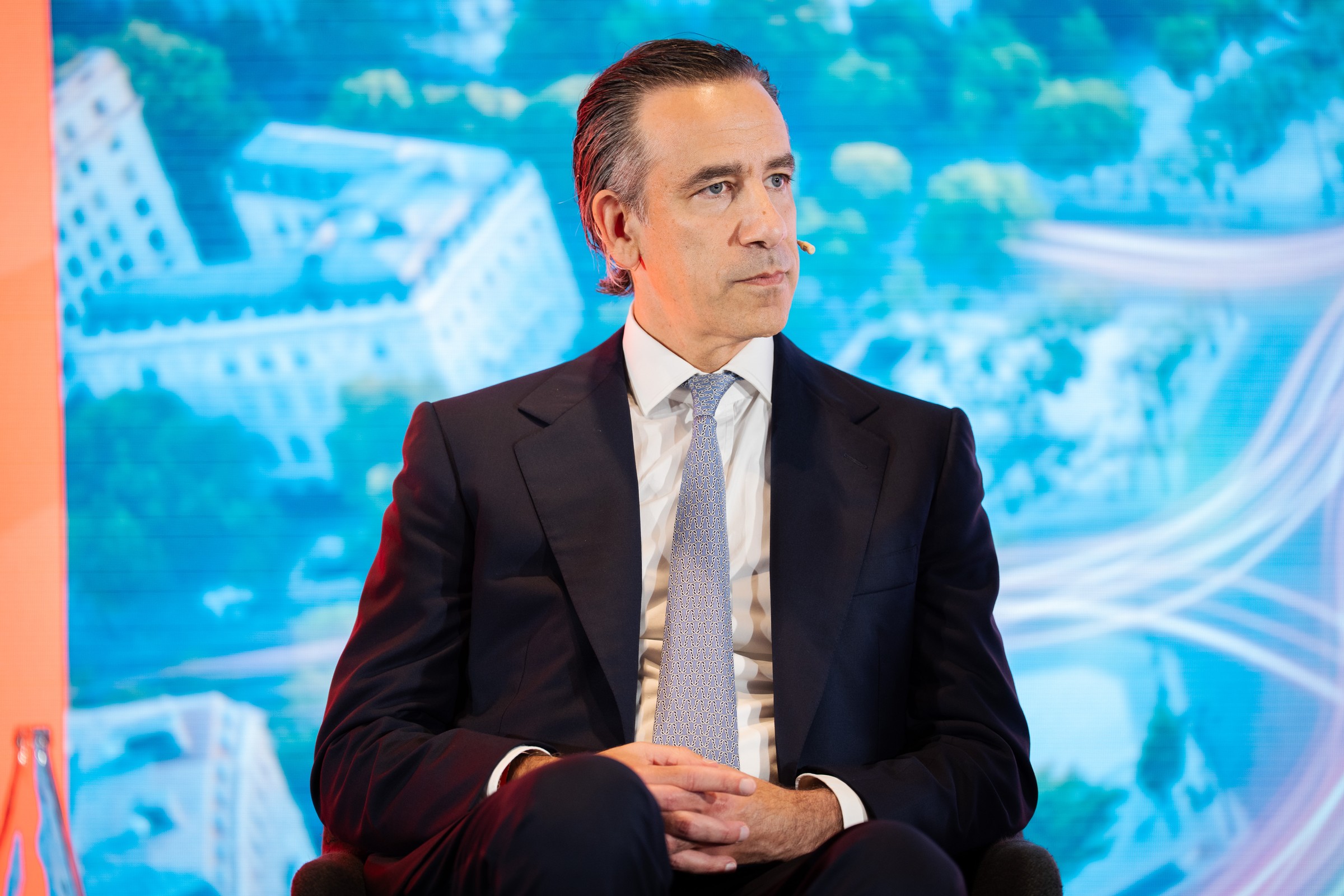RELATED NEWS
Why Credit Investor Justin Muzinich Needs Europe to Stay Fragmented
Europe's regulatory fragmentation boosts returns for specialised credit investors amidst calls for...
Specialization continues to influence Europe’s VC & Growth Market
European venture capital market evolves with specialization, AI tools, and targeted investment...
Webinar: How is strategic autonomy a bankable investment?
Discover how Europe's strategic autonomy is becoming a key investment theme for VCs in our upcoming...

.png)
.png)